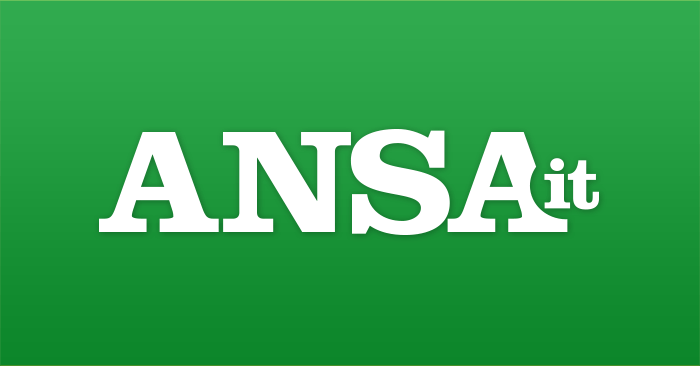(Filippo Cisic) (ANSA) – ISTANBUL, Oct 27 – The exact date should only be announced next week, but Iran has announced that it will return to the nuclear negotiating table in Vienna after the stalemate that lasted last June, when the hawk was Ibrahim. Raisi was elected to the presidency of the Iranian Republic.
“We have reached an agreement to resume negotiations by the end of November,” Deputy Foreign Minister and Tehran’s chief negotiator Ali Bagheri wrote on Twitter after meeting with the Secretary-General of the European Union’s External Action Service Enrique Mora in Brussels. There is no official confirmation, at this time, from the European Union. A spokesman for the committee said, in an interview with the American news agency (ANSA), that the union “announces, as usual, any upcoming meeting in Vienna when it is appropriate. There is nothing to announce at the moment.” European sources explain how a summit can be announced only if all attendees are informed and agree on a date.
This has not happened yet.
However, the tweet of Iran’s chief negotiator opens a glimpse into the bleak climate of relations between the Islamic Republic and the West that appears to have prevailed since the two leaders took office in Tehran. Since last April, Iran has been involved in negotiations to bring the United States back into the agreement signed in 2015 with Russia, France, China, the United Kingdom, Germany and the European Union. But talks collapsed in June after the election of the new hardline conservative president.
The deal reached in 2015 includes a commitment by Iran to limit uranium enrichment and allow inspections of its nuclear program in return for the lifting of sanctions by the European Union and the United States. But in 2018, US President Donald Trump chose to withdraw the United States and impose economic sanctions on Iran again, arguing that the deal had already failed to reduce Tehran’s nuclear power and influence in the region. In response, the Islamic Republic, led by former President Hassan Rouhani, announced the resumption of uranium enrichment the following year as the Iranian economy was hit hard by Trump’s sanctions.
To underscore the apparent difference with his predecessor, the new US President Joe Biden expressed the United States’ willingness to return to the agreement immediately after his election, but the road proved more difficult than expected. The US envoy to Iran, Robert Malley, spoke only on Monday of a “critical phase” in efforts to return to negotiations, while Iran is asking Biden, without getting answers at the moment, that the United States melt money for $10 billion from Iranian oil exports but has been approved. Ban it in various foreign banks due to sanctions.
Weeks ago, the Director-General of the International Atomic Energy Agency (Aiea), Rafael Mariano Grossi, expressed his intention to visit Tehran to open a dialogue with the new administration, but a date has not been confirmed yet. Grossi also complained about persistent problems in monitoring Iran’s nuclear activity. The next meeting of the IAEA Board of Directors is scheduled to be held in Vienna from 22 to 26 November. (Dealing).
Reproduction is reserved © Copyright ANSA

Communicator. Reader. Hipster-friendly introvert. General zombie specialist. Tv trailblazer

